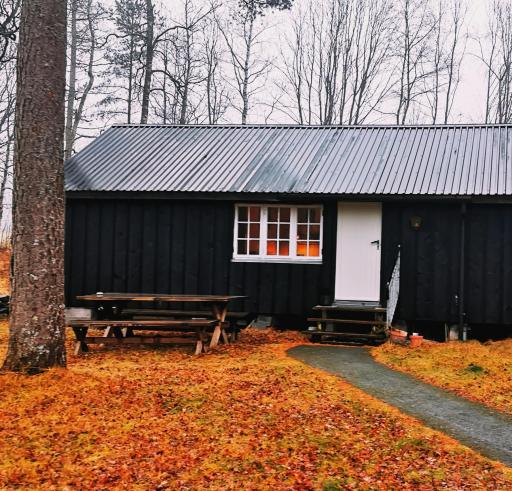
just for funexpatmoneyrental
12 minutes reading time
The rise of container homes in the Netherlands
Ah, the Netherlands. Known for its eclectic blend of tradition, innovation, and… shipping containers? If you’re relocating to the Netherlands, you might find yourself considering a living space that’s a bit unconventional. Enter: the shipping container home.
As the country grapples with a significant housing shortage—expected to reach 450,000+ by 2027—innovative solutions like container housing are gaining rapid traction.
